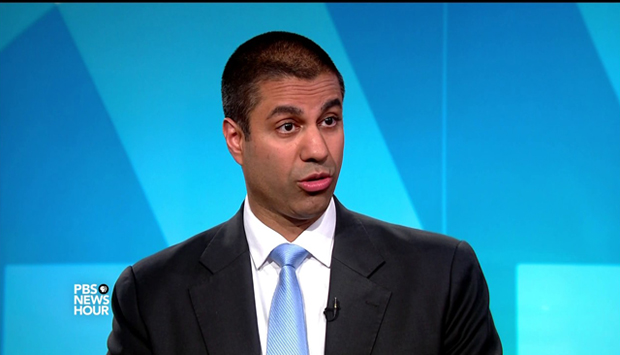In a 3-2 vote on Thursday, the US Federal Communications Commission approved a measure to remove the net neutrality rules it enacted just two years ago, which barred internet providers from creating priced tiers of Haves and Have Nots when it came to net speeds and classified ISPs as Title II common carriers to bolster the measure’s legal standing. The vote comes after a brutal public comment period that saw the commission receive a record 22 million comments — though the FCC reports that 7.5 million of these were spam.
The repeal, backed by FCC chairman Ajit Pai, removes the Title II designation, thus cutting the legs off from under any attempt to put strong net neutrality rules in place in the future. The new rules (final draft here) take the reins off of ISPs, no longer treated like utility providers, allowing them to block or prioritize content at will, throttle traffic and upsell digital “fast lanes” — basically, whatever they want, as long as they publicly state they are going to do whatever they want.
Trump appointee Pai has generally played the less regulation = more competition = more consumer freedom card. He said today, “The main problem consumers have with the internet is not and has never been that their internet provider is blocking access to content. It’s been that they don’t have access at all.” But critics and consumers are skeptical. As The Verge points out, even under net neutrality we saw providers blocking access to competitors’ products/content and implementing preferential policies.
In addition to leaving the door open for large companies to manipulate consumer access to content, the net neutrality backpedal could have a big dousing effect on the growth of the animation, VFX and gaming industries, especially freelance artists and small studios.
“This is not good,” said Jessica Rosenworcel, one of the two Democrats on the commission. “Not good for consumers. Not good for businesses. Not good for anyone who connects and creates online.”
The next steps: The commission will make final adjustments to the rules over the next few weeks before filing with the Federal Register, where they will appear in a few months putting them officially in effect. The fight will likely continue with a lawsuit from net neutrality supporters which will challenge the FCC’s reasoning and force the commission to prove in court that it is not changing its 2015 decision for “arbitrary and capricious” reasons.
[Source: The Verge]






 Win a Funko X Lilo & Stitch Prize Pack!
Win a Funko X Lilo & Stitch Prize Pack! 